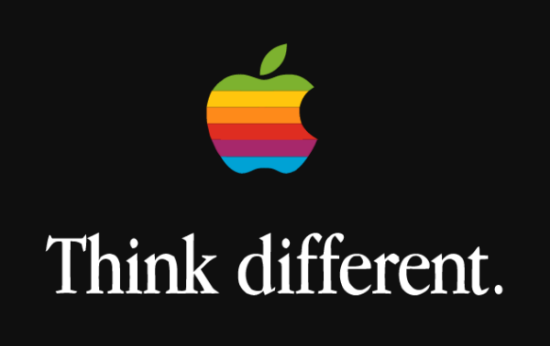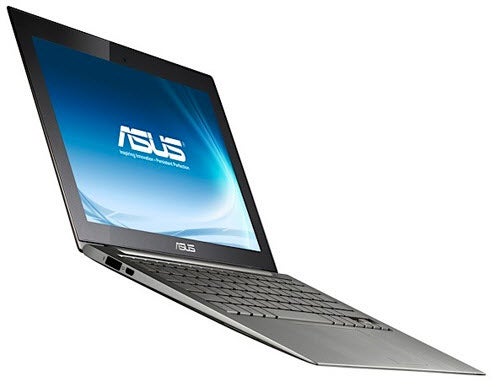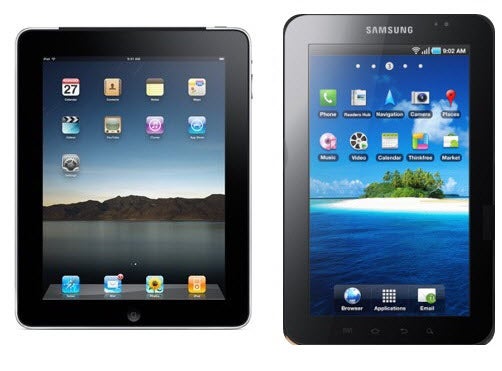2011: The Year Everyone Copied Apple

From 2006 to 2010 Apple ran its famous Get a Mac ad campaign. Actors differed from country to country, but the premise was always the same: a casually dressed ‘cool’ guy pretends to be a Mac and mocks his unfashionably dressed colleague who claims to be a PC. In 2008 Microsoft responded with its I’m a PC commercials to celebrate the diversity of its users and, by extension, the diversity of Windows computers. Whether or not consumers were impressed, it is now clear Microsoft’s hardware partners were not.
In 2011 a different message now rings loud and clear: “I’m a Mac copy”. The trend started in 2009 when HP released the Envy 15, but as IFA 2011 draws to a close it is clear the theme has not been innovation, but duplication.
Ultrabooks and tablets have been the stand out categories from this year’s Berlin tech show. The former is a term coined by Intel representing ultra thin, affordable and powerful laptops. Intel enforces strict style, size, weight, component and pricing guidelines on manufacturers who wish to qualify for some of the CPU’s giant’s $300m subsidies. The result: every model announced – the Acer Aspire S3, Toshiba Portege Z830, Asus UX21 and Lenovo IdeaPad U300s – ”without exception”, look exactly like the MacBook Air.
Don’t feel sorry for manufacturers though, even without Intel’s incentives they are still at it. At IFA Samsung launched the 15in Series 7 which is a clone of the MacBook Pro.
The main rival to Ultrabooks will be tablets. This sector is even more desperate to pay homage to Apple, having written off the form factor until the Cupertino giant took another stab at it. Now they all want back in, but despite increasingly impressive hardware the public have yet to be tempted. Right now the world’s second largest selling tablet is discontinued. 21 months on from the announcement of the first iPad there can be few greater embarrassments. 
What’s more there will be legal consequences. In recent months Apple has launched a tidal wave of lawsuits upon those it believes to be the main offenders. Rightly or wrongly, some of those suits need to be won. This is why…

